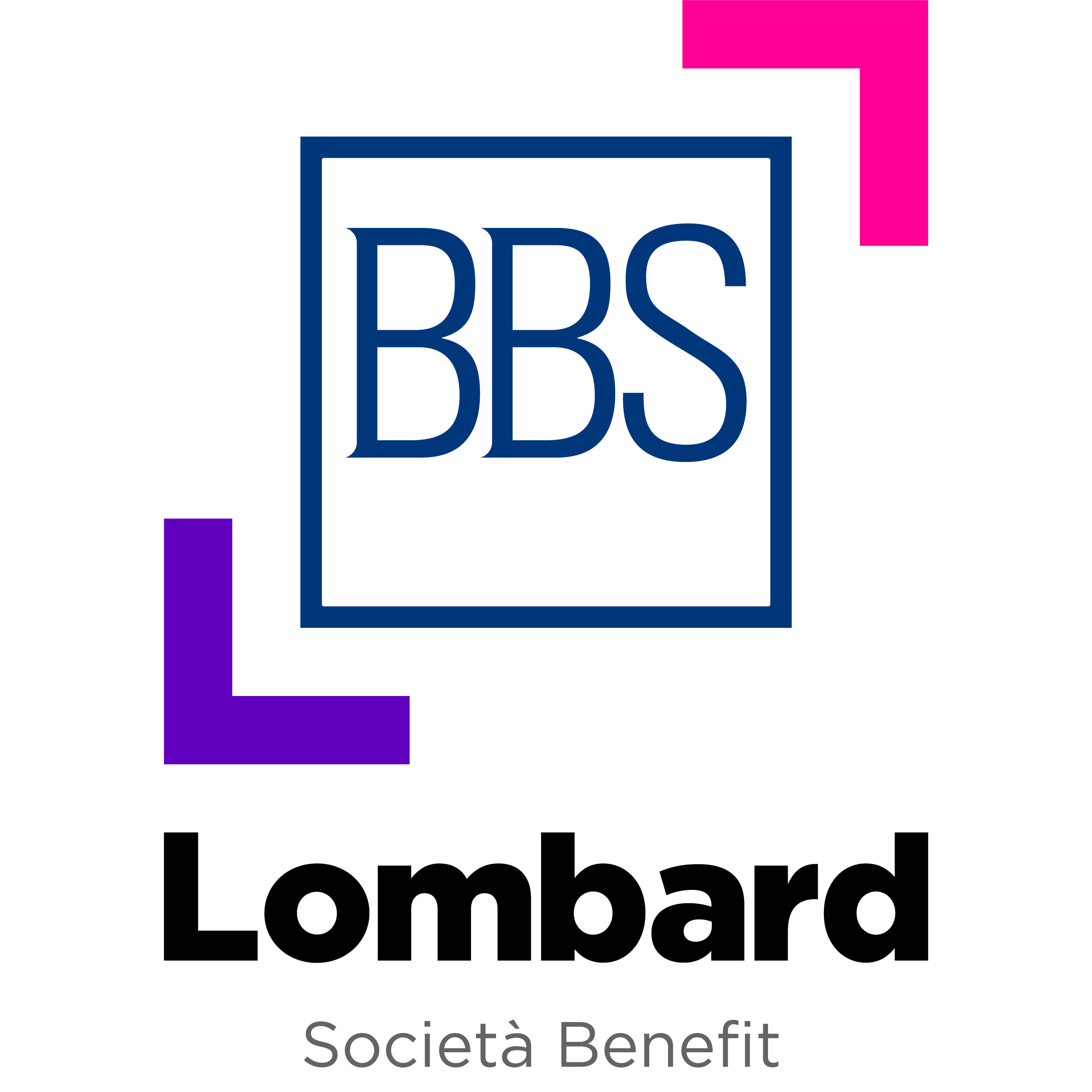5|5 BUILDING COMMUNITIES
By Samuel Hernández De Luca
When Giovanna and Franco asked me to talk about my experience at the FuturoRagioneArte Forum, I found a sort of common thread (between art and industry), a meta-narrative dimension through which I could develop certain concepts that united my personal vision of culture and the topic discussed with the guests, neo-mutualism. It was an opportunity to engage in a dialogue comparing seemingly distant disciplinary areas such as artistic practice, communication technologies and the development of industry in the region, and explore new paths to generate an environment that fosters co-creation and cooperation. It is from this perspective that FRA can be defined as an event that makes a contribution to the cultural fabric in a neo-mutualist way, recalculating challenges and redefining strategies, starting with identifying and bringing together the stakeholders operating in the region. The principles of neo-mutualism imply an active involvement of stakeholders allowing for a progressive diffusion of welfare, wide-ranging economic benefits and equal and inclusive recognition. Communication technologies can be the appropriate tool to connect otherwise isolated realities, abolishing distances and fostering interaction. In this sense it is important to subvert the current market logic oriented towards immediate consumption, which has ended up marginalising (if not annihilating) various regional realities, in order to channel it towards the creation of communities that allow participants to share their needs and self-organise as they face the social, economic and cultural challenges that lie ahead.
The transformation of social networks into marketplaces, the labour exploitation of multi-nationals, the recent Silicon Valley layoffs or the story of Julian Assange, show us how nowadays many projects involving new technologies that would potentially be oriented towards universality and community are being hindered because they threaten modern power relations. Neo-mutualism implies an ethical and political choice: firstly, because it is driven by the will to bring into play the effort, talent and imagination of all the actors involved so that a prosperous and sustainable future can be built; moreover, because it implies the search for new balances of power.
I find that in this landscape, new media artists, especially those who use and express themselves through interactive technologies, face the same emergencies and consequently must share the same ethical and political responsibilities if they want to subvert the toxic logic of a mainstream art market and conceive new spaces for narration. There is an urgent need to develop a complex and inclusive way of thinking that relates different knowledge, drawing nourishment from distant disciplinary fields such as robotics, artificial intelligence or neurology, in order to be able to give a coherent aesthetic response, one that’s capable of at once renewing the symbolic vocabulary and arousing fascination through the active involvement of the people and entities that bring to life a region. The artists who take on this challenge are universal, rejecting the romantic myth of the creative genius in order to descend into the terrain of life and become active drivers of culture.
Samuel Hernández De Luca is artist and designer living in Venice. In 2017, he obtained a Bachelor’s Degree in Visual Arts, specializing in Painting, at the Academy of Fine Arts in Venice and began working in the field of exhibition design. In recent years he has worked for cultural events of international importance such as La Biennale di Venezia and the Festival of Lights in Lyon. He is currently a graduate student in Multimedia Design at the ISIA in Pescara.
